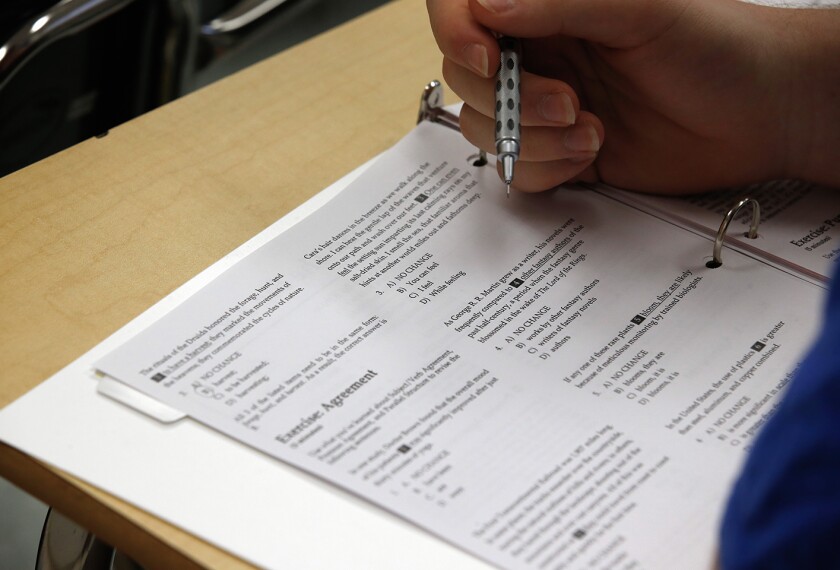To the Editor:
I wish to clarify certain points made in the exchange of views concerning the Program for International Student Assessment that was recently published in Education Week. I refer specifically to Michele Bruniges response (“Let’s Embrace PISA’s Success”) to my concerns about how PISA was in danger of becoming a victim of its own success (“Is PISA a Victim of Its Own Success?”).
The United States—a supporter of PISA from its inception—agrees that PISA is an important yardstick by which countries can measure their educational success. It is true that governments and policies change but the U.S. commitment to PISA has not.
Certainly, former U.S. Secretary of Education Arne Duncan played an active role supporting and using PISA. Our current U.S. Education Secretary Betsy DeVos is also supportive of PISA. She has used PISA results to help inform her recent visits to high-performing countries, such as Switzerland, the United Kingdom, and the Netherlands.
To be clear, it is not the case that the United States is losing interest in PISA or reducing its support for PISA. Nor is the United States’ concern for PISA driven by politics.
We continue to believe in the importance of PISA, which is exactly why we are suggesting changes to enhance and strengthen its quality. We strongly believe that the existing three-year cycle is an expensive anachronism, given advances in testing technology. And we believe that more attention has to be paid to research and development for PISA to continue to be a strong and vibrant assessment.
There is a long history in the PISA Governing Board regarding the testing cycle. But, along with many other countries, the United States believes that we must recognize the impact on PISA of advances in technology, the growing concerns about quality control, and the high costs/burden of the three-year cycle on participants. These issues are too important—and the associated technical work and planning too complex—to wait until 2021 to discuss.
Mark Schneider
Director
Institute of Education Sciences
U.S. Department of Education
Washington, D.C.



